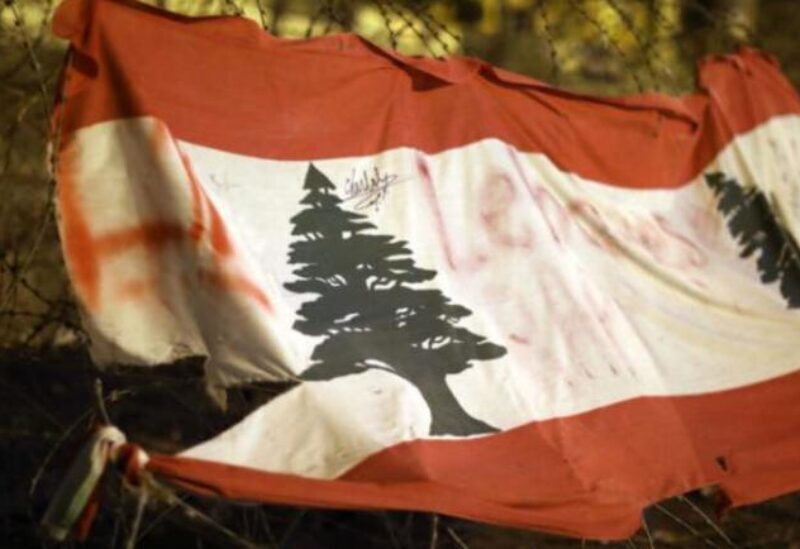
The way the West and Iran are negotiating in Vienna in 2021 is very similar to how they both negotiated in 2015, which eventually led to the conclusion of the Rouhani-Obama agreement, which was described as ominous at the time, with former US President Donald Trump taking office and retreating from it.
When the observer of the negotiations track examines the political and media momentum around this event, he finds nothing new in terms of negative sentiments and a lack of hope among those in charge of the negotiating process. The similar strategy had previously been used, and the signature of the deal was announced unexpectedly.
The government of US President Joe Biden has its own philosophy for defending its efforts to reach a nuclear agreement with Iran, and possibly Jake Sullivan’s final statements, as US National Security Adviser, explain and clarify all of this straightforward ideology. Allow Tehran to complete its purported nuclear program at its leisure.
The West’s terrifying and perplexing pragmatism toward the quick conclusion of the agreement is due to political calculations and party agendas, which are tied to the capital running decision-makers in Europe and America. Particularly after the last Arab Gulf Summit in Riyadh, which highlighted the need of involving regional nations in any negotiations with the mullahs’ government in its concluding statement.
Nearly a year after Biden took office in the United States, this administration appeared to be very critical of Iranian meddling, and even eased sanctions on Iran without receiving anything in return, complimenting it at the expense of regional security and even the security of navigation and international trade.
Perhaps Iraq, caught between the rule of law and the Katyusha statelet, is an old and fresh witness to the following: If America can’t stop Katyusha strikes on its embassy in Baghdad, how can the approaching agreement halt Iran’s nuclear program?
The nations whose security these militias tamper with are turning into something like to a hijacked jet in every meaning of the term in light of the Iranian militias, who are more harmful to the countries of the area than anything else. It is exceedingly expensive to storm to release the captives, and it is also very expensive to submit.
Yemen, for example, which is governed by coup elements of the Iranian-backed Houthi militia, has become a state without a choice, more akin to a severed corpse with no movement and a coming solution, and the cause is apparent and understood.
Even Europe has become a captive in the negotiations with Iran, and it has no choice but to revert to a prior accord after USA renounced it, despite the fact that some of its countries, such as France, want to include regional nations in any negotiations. In addition to terrorism, the situation during the “Perse” evenings in Vienna is no better than it has been in the past or will be in the future.
And, as experts predict a harsh European winter accompanied by the COVID-19, do Western democracies, in your opinion, have become weak in the face of terrorist and militia epidemics, which are destroying the body of the region and the world, on the basis of a planned agreement, which is unfair in its provisions, as it provides pain relievers to the West while leaving Arab countries like Syria, Iraq, Yemen, and Lebanon under the weight of concessions?